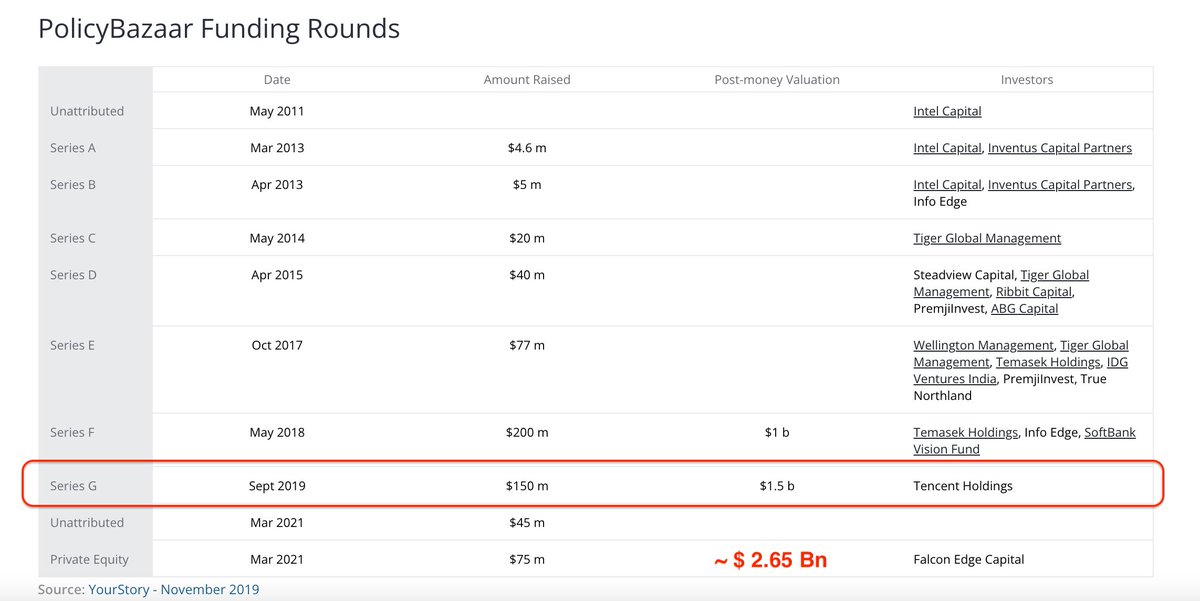Should we go into the details of these 125 years?
SAB has formed part of the fabric of SA for the last 125 years & we've stood behind the nation through its triumphs & challenges. After much consideration,SAB has decided to approach the Courts to challenge the Constitutionality of the decision taken to re-ban the sale of alcohol pic.twitter.com/40rWpJSW5b
— SABreweries (@SABreweries) January 6, 2021
More from Business
So while America was forced into a high percentage of unemployment, billionaires in America made 406 billion from their “essential” businesses.
I wonder how much came from the
Funny, this transfer of wealth from the poor citizens to the rich billionaires aided by lockdowns and tyrannical governors wasnt just isolated to America. Australia billionaires seemed to amass much wealth during a time record number of businesses
I wonder how much came from the
Funny, this transfer of wealth from the poor citizens to the rich billionaires aided by lockdowns and tyrannical governors wasnt just isolated to America. Australia billionaires seemed to amass much wealth during a time record number of businesses
AUSTRALIA: Country's billionaires are over 50% richer than they were this time last year, according to data from Bloomberg Billionaires Index.
— The Spectator Index (@spectatorindex) December 30, 2020






























